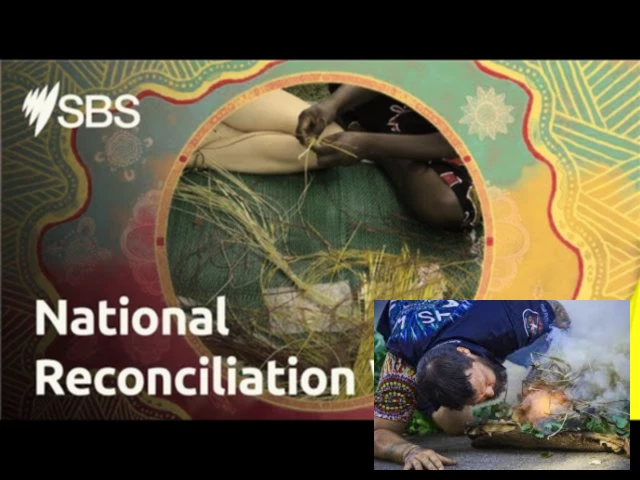Did you know that over 250 languages were spoken across Australia before colonization? This stark reality highlights the deep cultural diversity that has been, and continues to be, impacted by historical injustices. Reflecting on this, Reconciliation Week 2025 feels particularly poignant, echoing the ongoing efforts towards true reconciliation that began decades ago.
This year's Reconciliation Week, dedicated to bridging the gap between Indigenous and non-Indigenous Australians, promises to be more meaningful than ever. How can we, as a nation, ensure that Reconciliation Week's message of unity truly resonates within our communities and beyond? Let's delve into the upcoming events and initiatives designed to promote healing and understanding.
Reconciliation Week 2025 Events
This year's events promise a diverse range of experiences, from solemn reflections to vibrant celebrations. But how do these events truly impact the larger goal of reconciliation? Let's explore.
- Free community events in Darwin offer opportunities for learning and connection.
- Cultural experiences showcase Aboriginal art, music, and storytelling.
- Educational workshops delve into the history and impact of colonization.
- Many events focus on fostering dialogue and understanding.
Understanding the Importance of Reconciliation
Reconciliation is not merely a process of acknowledging past wrongs, but rather a journey towards building a more equitable and just future. What specific actions can further this journey?
| Initiative | Focus |
|---|---|
| Closing the Gap | Addressing disparities in health, education, and employment. |
| Reconciliation Action Plans | Implementing strategies for reconciliation within organizations. |
Reconciliation in Action: Case Studies
Several communities across Australia are actively demonstrating their commitment to reconciliation through grassroots initiatives. Violet Town, for instance, is showcasing the importance of connecting with culture and country through events focusing on fishing and community building. These local initiatives are powerful catalysts for change.
A Timeline of Reconciliation
Understanding the historical context is crucial. Examining past efforts will highlight the long-term nature of this process. How has reconciliation evolved over the years?
While a detailed timeline would require more space, key events and milestones (such as the establishment of Reconciliation Australia) mark significant steps in the journey towards reconciliation.
Hope for the Future
While the path to reconciliation is long and complex, progress is being made. There is genuine hope for a future where Indigenous and non-Indigenous Australians coexist in harmony and mutual respect.
“Reconciliation is not just an event, but a process of ongoing dialogue, learning, and action.”
Frequently Asked Questions (FAQ)
- Q: What is Reconciliation Week? A: Reconciliation Week is a national event held annually in Australia, celebrating reconciliation between Indigenous and non-Indigenous Australians.
- Q: When is Reconciliation Week 2025? A: The specific dates for Reconciliation Week 2025 will be announced closer to the time.
- Q: How can I participate? A: There are numerous ways, ranging from attending local events to learning about Indigenous cultures and histories.
- Q: What is the theme for Reconciliation Week 2025? A: The theme is often revealed closer to the event date, promoting the year's specific focus.
- Q: Where can I find events near me? A: Check local community calendars and websites dedicated to Reconciliation Week for event details.

